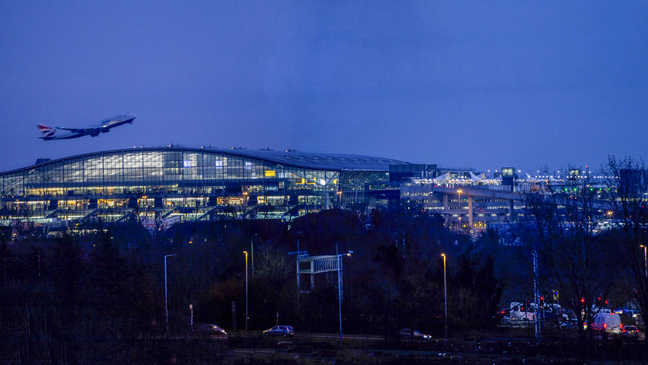
Gary O’Brien argues that modern methods of construction (MMC) will close the skills gap, but clients need to lead the way.
In the late 1990s I was a client project manager at BAA. Sir John Egan was chief executive, and Rethinking Construction was hot off the press, so the company started its journey with long-term framework partnerships.
The objective was to collaborate with industry leaders to achieve continuous and sustained improvement. BAA was seen as a leading client back then and, with Sir John as CEO, the focus started to switch to manufacturing off site to reduce programme, improve quality and health and safety.
All three would lead to savings, better predictability and more profit for the supply chain and, with small working windows at BAA’s busy airports, it became more important to transfer as much work off site as possible. We achieved early success with offsite modules to deliver new facilities at both Heathrow and Gatwick.
That was nearly 25 years ago, and I am puzzled to why the industry is still struggling with taking work off site in factory environments, like the car and aerospace industries. Not only can MMC reduce programme, but it reduces the risk of onsite work and improves health and safety, and quality, through standardisation of components built in controlled environments.

“I am puzzled to why the industry is still struggling with taking work off site in factory environments, like the car and aerospace industries.”
Digitisation also plays a big part, with BIM used to design the components and interfaces and ensure everything fits together, with modelling and 3D walkthroughs.
With the industry on the brink of a severe skills shortage, there is no better time to embrace MMC. Train a diverse workforce for working in factories, knitting the parts together on site, with emphasis on digital skills and quality, and we know better quality leads to better health, safety and wellbeing.
We also need to achieve UK net zero carbon targets and MMC will play a big part with less congestion on the roads with reduced deliveries, and design of energy-efficient parts, modules and buildings.
Clients will need to play a major role by showing strong leadership and collaborating with the leading industry players.
There is no better time as we start to navigate our way out of the pandemic on the roadmap to recovery. The Never Waste a Good Crisis Wolstenholme Report followed Rethinking Construction in 2009 and here we are 12 years later. I believe there is never going to be a better opportunity to embrace MMC.
Gary O’Brien is director of the Construction Clients’ Leadership Group: www.cclg.co.uk.
Comments
Comments are closed.












The need for new housing after world two was achieved in a large part by various forms of modular units While on a small size of units It was a success But the return to bricks and mortar over came this advance British industry always appears to delay new ideas for as long as possible The same was for washing railways carriages manual labour provided by low cost new comers to the UK delayed British Railways use of automated carriage washing equipment Perhaps it is the civil services that is always dragging its feet so by setting the trend for industry